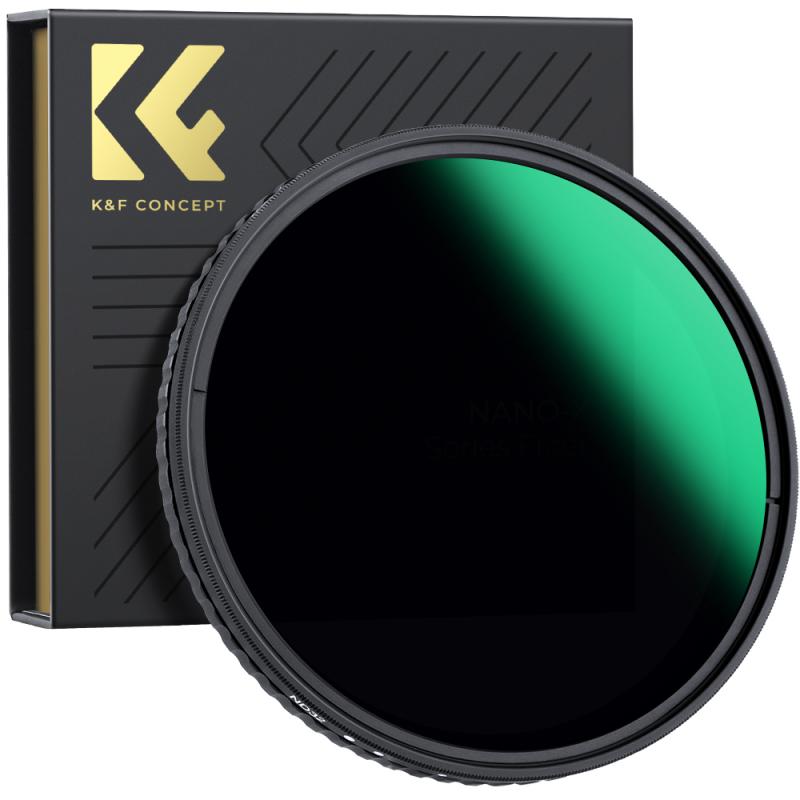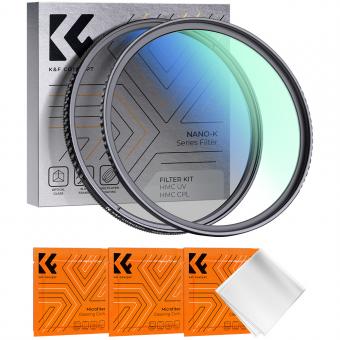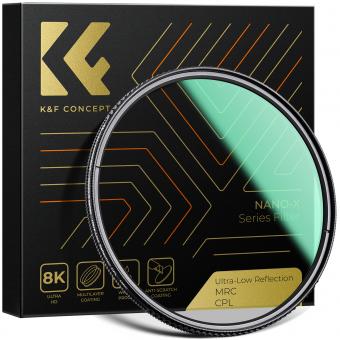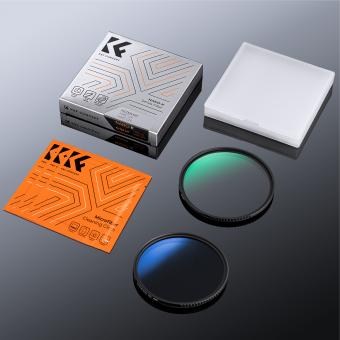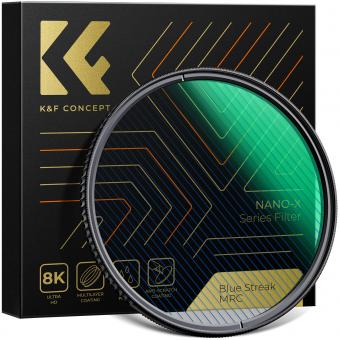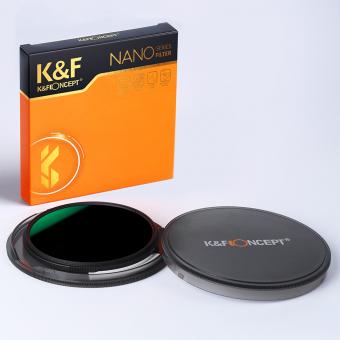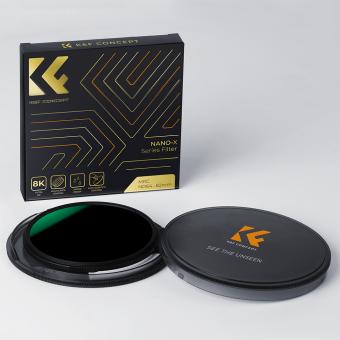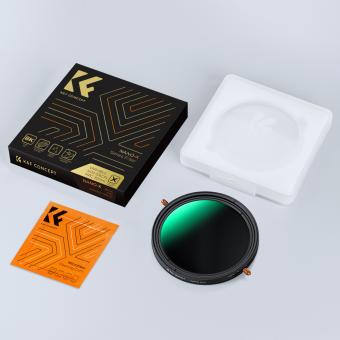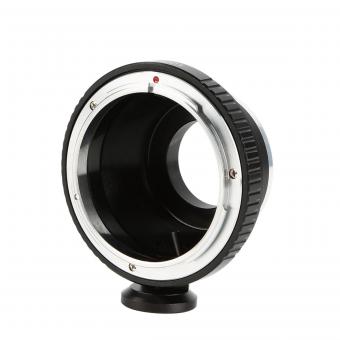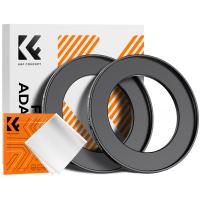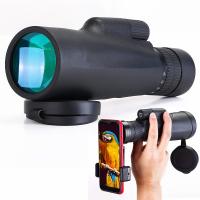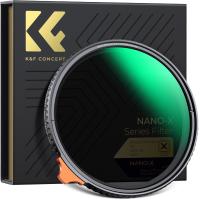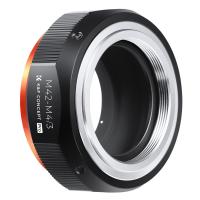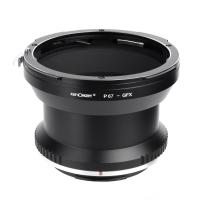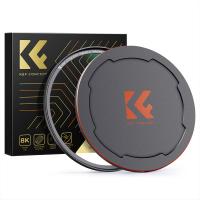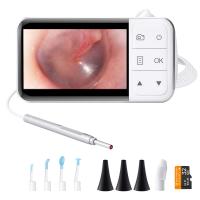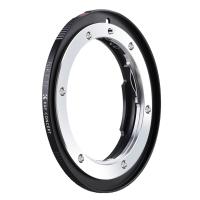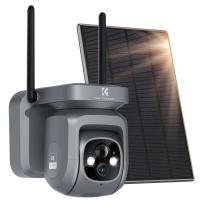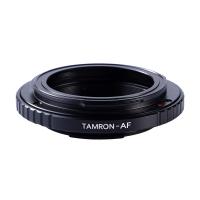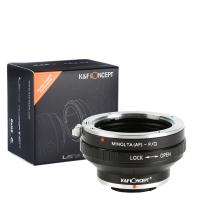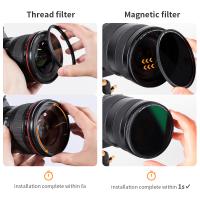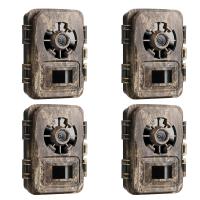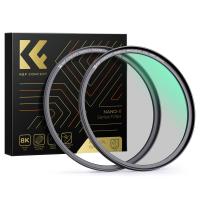What Circular Polarizer Filter To Buy ?
When choosing a circular polarizer filter, it is important to consider the size of your lens and the specific needs of your photography. Some popular options include the B+W XS-Pro Circular Polarizer, the Hoya HD Circular Polarizer, and the Tiffen Circular Polarizer. These filters are known for their high-quality construction and ability to reduce glare and reflections, enhance color saturation, and improve overall image quality. It is recommended to research and compare different brands and models to find the one that best suits your requirements and budget.
1、 Types of Circular Polarizer Filters: Linear vs. Circular
When it comes to choosing a circular polarizer filter, it is important to understand the difference between linear and circular polarizers. Both types of filters serve the same purpose of reducing glare and reflections, enhancing color saturation, and improving overall image quality. However, there are some key differences between the two.
Linear polarizer filters were traditionally used in film cameras and older digital cameras. They work by blocking light waves that are vibrating in a specific direction, allowing only light waves vibrating in a perpendicular direction to pass through. However, linear polarizers can interfere with the autofocus and metering systems of modern digital cameras, which is why circular polarizers were introduced.
Circular polarizer filters are designed specifically for use with autofocus and metering systems. They consist of a linear polarizer layer and a quarter-wave plate that converts the linearly polarized light into circularly polarized light. This allows the filter to be used with any camera without interfering with its functionality.
When it comes to buying a circular polarizer filter, it is important to consider the quality of the filter. Look for reputable brands that offer high-quality optics and multi-coating to minimize reflections and maximize light transmission. Additionally, consider the size of the filter that fits your lens diameter.
It is also worth noting that some photographers prefer to invest in variable neutral density filters, which combine the benefits of a polarizer and a neutral density filter in one. These filters allow for greater control over exposure and are particularly useful in landscape and outdoor photography.
In conclusion, when deciding on a circular polarizer filter to buy, it is recommended to opt for a high-quality filter from a reputable brand that suits your lens diameter. Consider the specific needs of your photography and whether a variable neutral density filter may be a suitable alternative.
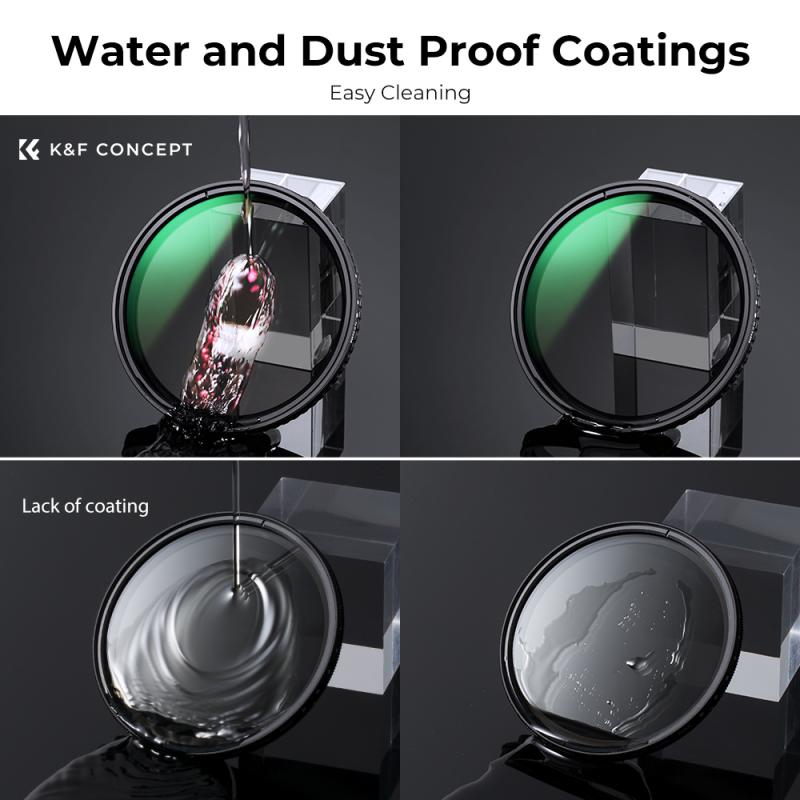
2、 Filter Size Compatibility with Camera Lenses
When it comes to choosing a circular polarizer filter for your camera lenses, one of the most important factors to consider is the filter size compatibility with your lenses. The filter size refers to the diameter of the filter thread on the front of your lens, and it is crucial to ensure that the filter you purchase matches the size of your lens.
To determine the filter size compatibility, you can check the lens specifications or look for the symbol "ø" followed by a number on the front of your lens. This number represents the filter thread size in millimeters. For example, if your lens has a filter thread size of 58mm, you should look for a circular polarizer filter that is also 58mm in size.
It is worth noting that some lenses have different filter thread sizes, so it is essential to check each lens individually. Additionally, if you plan to use the same filter on multiple lenses with different filter thread sizes, you can consider purchasing step-up or step-down rings. These rings allow you to adapt the filter to fit lenses with different filter thread sizes.
As for the latest point of view, advancements in lens technology have led to an increase in the popularity of larger filter thread sizes, such as 77mm and 82mm. These larger sizes are commonly found on professional-grade lenses and offer benefits like reduced vignetting and improved image quality. Therefore, if you own or plan to invest in high-end lenses, it may be wise to consider circular polarizer filters with larger filter thread sizes.
In conclusion, when deciding which circular polarizer filter to buy, it is crucial to ensure compatibility with your camera lenses' filter thread size. By checking the lens specifications or the symbol on the lens, you can determine the correct filter size. Additionally, considering the latest trend of larger filter thread sizes may be beneficial if you own or plan to invest in professional-grade lenses.
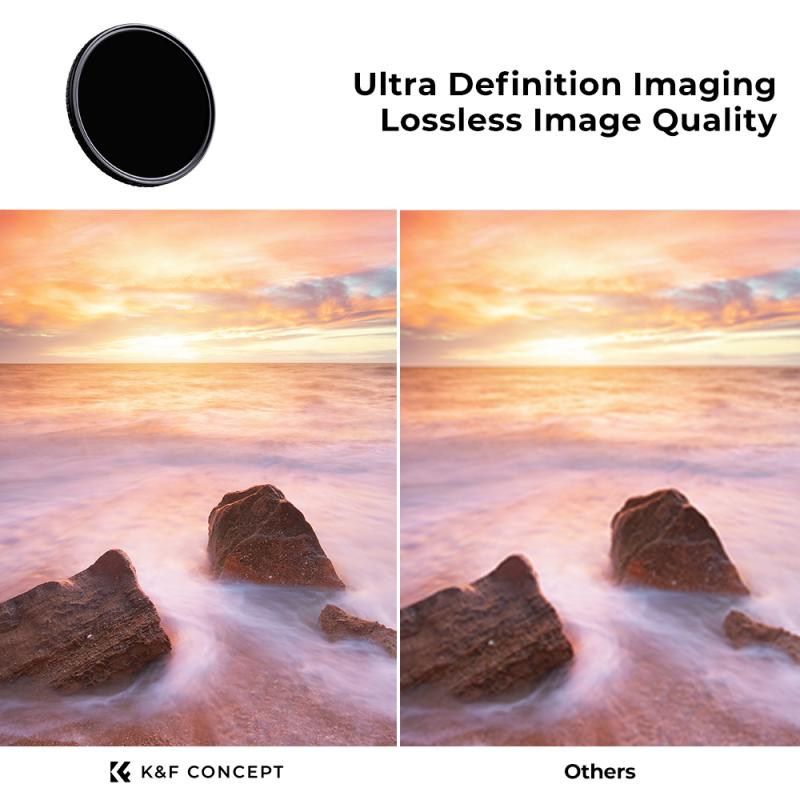
3、 Optical Quality and Coating Technology of Circular Polarizers
When it comes to purchasing a circular polarizer filter, there are a few key factors to consider. One of the most important aspects is the optical quality of the filter. A high-quality circular polarizer will have excellent clarity and minimal distortion, allowing you to capture sharp and vibrant images.
Additionally, the coating technology used in the filter is crucial. A good coating helps reduce reflections and flare, resulting in improved contrast and color saturation. It also protects the filter from scratches and smudges, making it easier to clean and maintain.
In terms of optical quality, many photographers and experts recommend filters from reputable brands such as B+W, Hoya, and Tiffen. These brands have a long-standing reputation for producing high-quality filters with excellent optical performance.
When it comes to coating technology, some filters feature multi-coatings that help minimize reflections and increase light transmission. These coatings are typically made of multiple layers of anti-reflective materials, which can significantly improve the overall image quality.
It is also worth considering the latest advancements in circular polarizer filters. Some manufacturers are now incorporating nano-coatings, which provide even better anti-reflective properties and are more resistant to water and oil. These filters are often marketed as "HD" or "Xtra" versions and offer enhanced optical performance.
Ultimately, the choice of circular polarizer filter depends on your specific needs and budget. It is advisable to read reviews, compare different options, and consider the latest advancements in optical quality and coating technology before making a purchase.
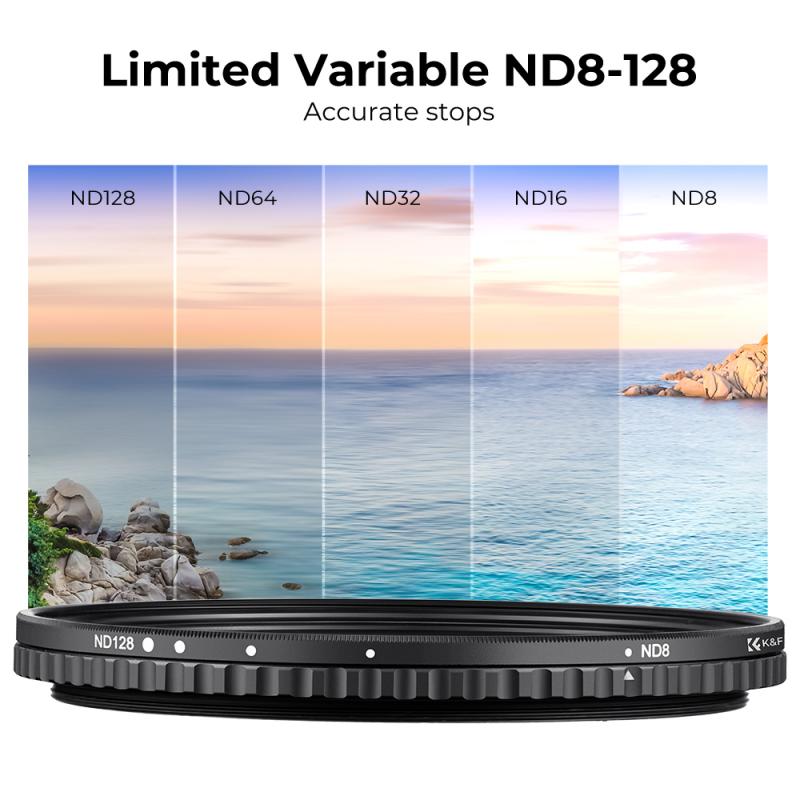
4、 Effectiveness in Reducing Glare and Reflections
When it comes to reducing glare and reflections, a circular polarizer filter is an essential tool for photographers. It helps to minimize unwanted reflections from non-metallic surfaces such as water, glass, and foliage, resulting in clearer and more vibrant images. However, the effectiveness of a circular polarizer filter in reducing glare and reflections can vary depending on the brand, quality, and specific features of the filter.
To determine which circular polarizer filter to buy, it is important to consider a few factors. Firstly, look for a filter that is made from high-quality materials to ensure optimal performance. Brands such as B+W, Hoya, and Tiffen are known for producing reliable filters that effectively reduce glare and reflections.
Additionally, consider the filter's coating. Multi-coated filters are generally more effective in reducing reflections compared to single-coated filters. They help to minimize flare and ghosting, resulting in sharper and more contrasted images.
Furthermore, the thickness of the filter can also affect its effectiveness. Thinner filters are less likely to cause vignetting, especially when used with wide-angle lenses.
Lastly, it is worth noting that advancements in technology have led to the development of newer filters with improved anti-reflective properties. Some filters now feature nano-coatings or advanced optical designs that further enhance their effectiveness in reducing glare and reflections.
In conclusion, when looking for a circular polarizer filter to buy, consider factors such as brand reputation, coating quality, filter thickness, and any advancements in technology. By doing so, you can ensure that you invest in a filter that effectively reduces glare and reflections, allowing you to capture stunning, glare-free images.
